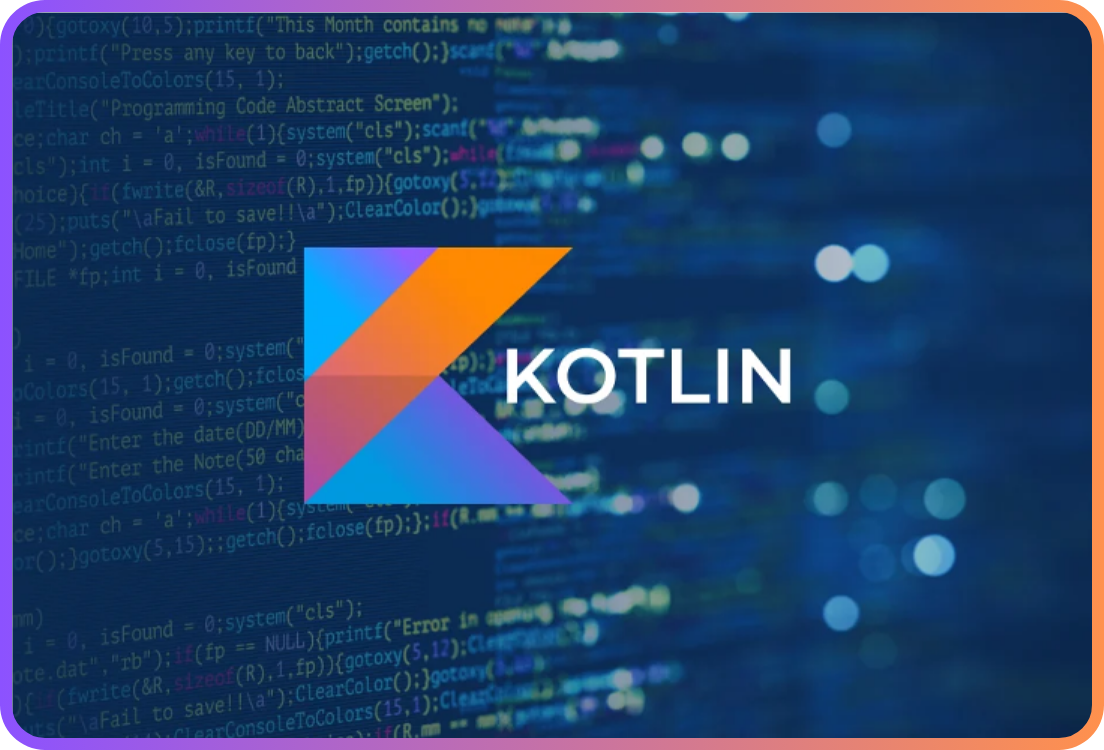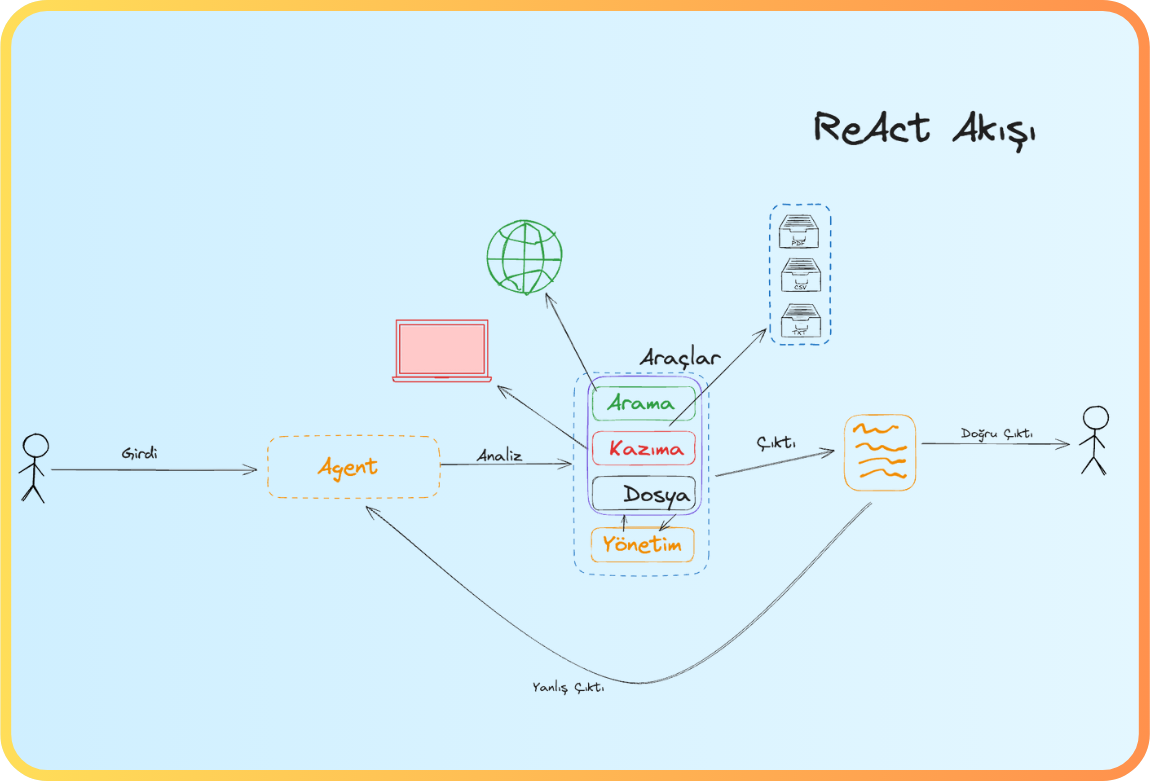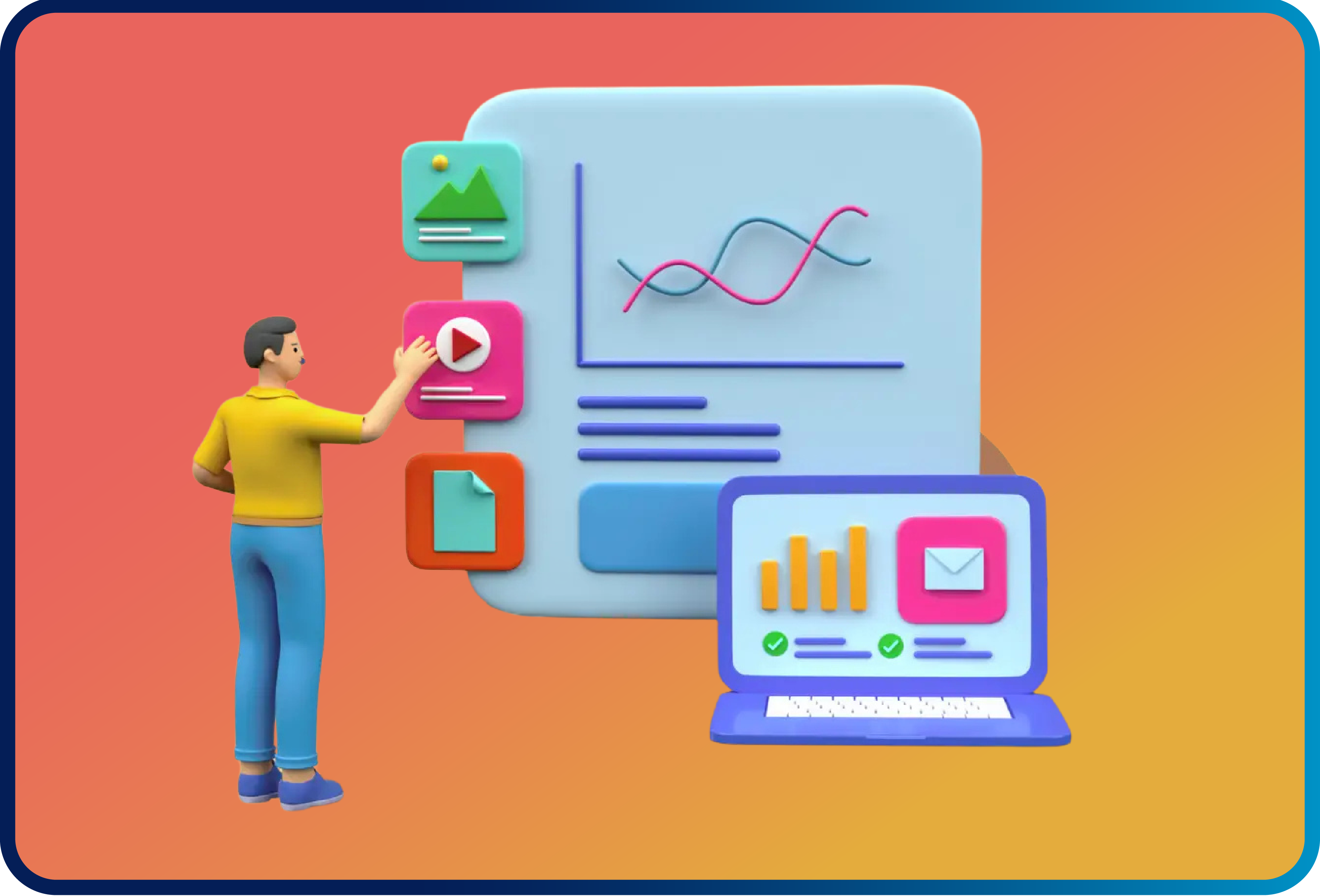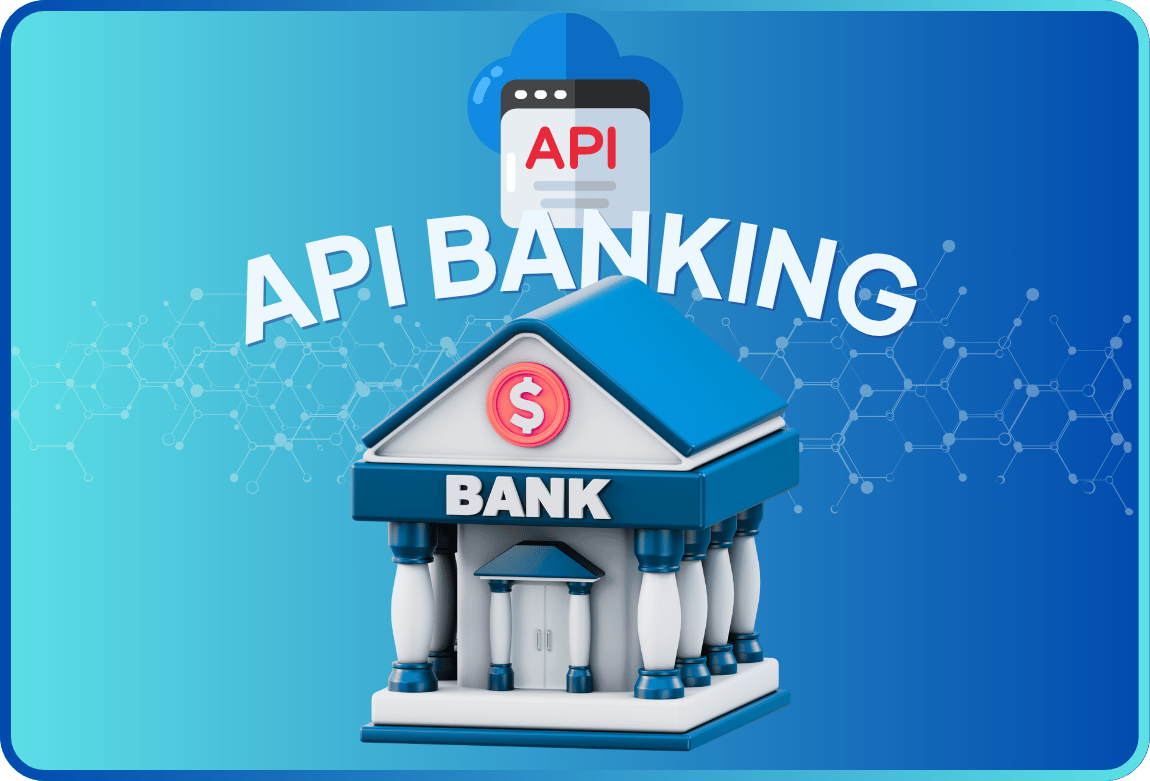
The software industry is constantly evolving, and Kotlin is a testament to this innovation. The once undisputed reign of Java has been challenged by the rising popularity of Kotlin. But why and how did this shift occur?
Kotlin, a statically typed programming language running on the Java Virtual Machine (JVM), was conceived by JetBrains and introduced in July 2011. Named after a Russian island near St. Petersburg, Kotlin was open-sourced under the Apache 2 license in February 2012. Its first stable release, version 1.0, arrived in February 2016. Andrey Breslav, the language's lead designer, succinctly explained its purpose:
"Our goal is to create a language that is fully compatible with Java, yet safer, more concise, flexible, and less complex."
Kotlin remained relatively unknown until Google endorsed it in 2017, sparking developers' interest and propelling its rapid growth.
Key Features of Kotlin
- Kotlin is an object-oriented programming language, similar to structured languages like Java, C#, PHP, Python, JavaScript, and C++ that are widely used in the software industry.
- Kotlin is an open-source language, meaning developers can actively contribute to its development. Whether it’s fixing bugs, suggesting changes, or enhancing features, the language evolves through decentralized contributions.
- Kotlin is not only designed for Android but also supports server-side applications, web applications built with JavaScript, macOS, iOS, and embedded systems.
- Kotlin offers multiplatform support, which means it consolidates various workflows across different platforms into a unified architecture, making the same functionality available across all platforms.
- Kotlin compiles to run on the Java Virtual Machine (JVM), ensuring full compatibility with Java. You can seamlessly use Java code within Kotlin and vice versa, and integrate Java libraries directly without any additional setup.

From Java to Kotlin: A Developer's Journey
Java has been a trusted language for Android developers for years. However, like any technology, it needed to evolve and improve over time. This is where Kotlin comes into play. This language, which promises less code and more efficiency,makes our lives as developers easier. Google's acceptance of Kotlin as the official Android development language made this transformation inevitable.
Kotlin offers a cleaner and more understandable syntax compared to Java. Features like null safety and extension functions provide powerful tools for developers. Especially in large and complex projects, these advantages of Kotlin become vitally important.
1. Null Safety
Kotlin's undeniably best feature for me is null safety. Thanks to this feature, the dreaded "Null Pointer Exception" error is almost a thing of the past. Writing safe code is now easier, and this directly affects the stability of projects.
In Kotlin, our variables are either nullable or not. We define variables that could be null with the "?" operator.

"Looking at the example above, we can assign null to a variable or any function defined with the '?' operator.

However, since it is not determined in this code block whether any null value will be assigned to the variable, the default value is not nullable and the compiler will give an error.
There are several ways to perform null checks in Kotlin.
- If Control

- Safe Call Operator (?.)

- Elvis Operator (?:)

- Not Null Assert (!!) Operator

2. Extension Functions
Another great feature of Kotlin is the ability to add new functions to existing classes. This allows us to write cleaner and more modular code.
While Kotlin allows you to extend the functionality of existing classes without inheriting from any class, in Java, if you want to extend existing functionality, you need to create a new class and derive it from its parent class.

3. Codes & Data Classes
Kotlin offers a more concise and readable way to hold data compared to Java. Using the data keyword, Kotlin provides a simpler approach to creating data classes. In Java, on the other hand, you would need to define variables and additional functions.
![]()

Comparison between Java and Kotlin

Final Words!
Kotlin's rise represents an inevitable evolution in the software world. The Kotlin language have become a standard in the Android development world and it should be a priority for every Android developer.
For those who are just starting out or will start their Android development journey, my advice is to learn the Kotlin language, be open to innovations, and be a part of this exciting change in the software world...
Sources:
- https://kotlinlang.org/docs/home.html
- https://developer.android.com/kotlin
- https://tr.wikipedia.org/wiki/Kotlin
- https://www.imaginarycloud.com/blog/kotlin-vs-java/
- https://www.spaceotechnologies.com/blog/kotlin-vs-java/
- https://www.openxcell.com/blog/12-things-must-know-kotlin/
- https://medium.com/@ucan.aldirmaz/what-is-kotlin-life-with-kotlin-series-1-93e21038dde5


 Back
Back





















































